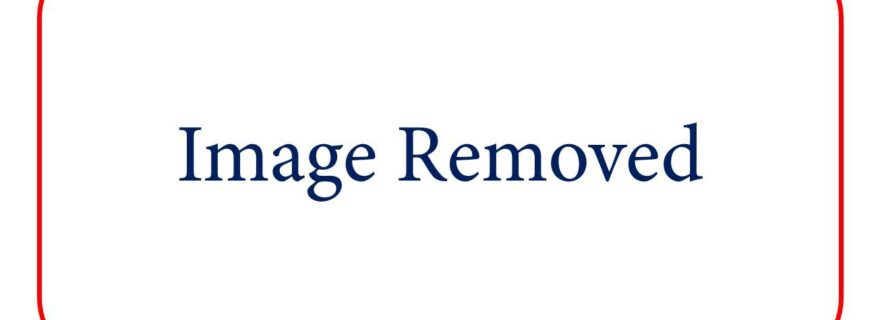2014: A year to look back (and ahead)?
It is a human tendency to look at the symbolic importance of the year we are living in today. In this article, I will try to do the same.
It is a human tendency to look at the symbolic importance of the year we are living in today. It helps us to make sense of the world around us; it gives us a feeling of being in control, of seeing history as something orderly that can be categorised. Somehow, we feel it makes more sense to write about events of exactly one hundred or fifty years ago, than those of six-and-a-half or twenty-two years ago, while this is nothing more than an obsession with numbers. We transform the numeral connection into a personal connection. Because every self-respecting blog, newspaper or magazine will dedicate an article to the year that has just started, I will try to do the same. After all, it is February, so this entry might still be accepted as a “new year’s eccentricity”.
As this is the Leiden Safety and Security blog, I will not mention that it is exactly forty years ago that the Netherlands lost the FIFA World Cup against the Federal Republic of Germany, however formative that might have been for the Dutch national identity (my false sense of remembering this shows how much this is anchored in the Dutch collective memory, although many more World Cups were played before I was born).
In terms of safety and security, in 2014 it is:
- First and foremost, the centennial of the outbreak of World War I. Der Spiegel writes about “The Disturbing Relevance of World War I”, a clear example of how we tend to transform a numerical connection into a deeper connection.
- Fifty years ago that Soviet leader Nikita Khrushchev was ousted and replaced by Leonid Brezhnev, China tested its first Atomic Bomb and the United States bombed targets in North Vietnam after the Gulf of Tonkin incident.
- Thirty-five years ago since the Iranian Revolution and the Iran hostage crisis shook the world, a watershed moment in US-Iranian (diplomatic) relations of which the effects can still be felt today. Of course, it was also the year the Soviet Union invaded Afghanistan, which was in many ways the birth of a global jihadist movement that would later become known as “Al Qaeda”.
- Twenty-five years ago since the revolutions against the Communist regimes in Poland, Hungary, the German Democratic Republic, Bulgaria, Czechoslovakia and Romania started. It was also the year of the less successful Tiananmen Square Protests in China.
- Ten years ago since the 2004 Madrid Bombings and the assassination of the Dutch filmmaker Theo van Gogh, having a profound impact on how the threat of (jihadi) terrorism was perceived in Europe and the Netherlands.
Now the question arises what 2014 will be remembered for in ten, twenty-five, fifty or a hundred years from now. Will it be the year the international community irrevocably failed to end the deadlock in the Syrian peace process or the year that Ukraine was split between East and West? Or will this year bring great surprises beyond anyone’s expectations?
What do you think?


